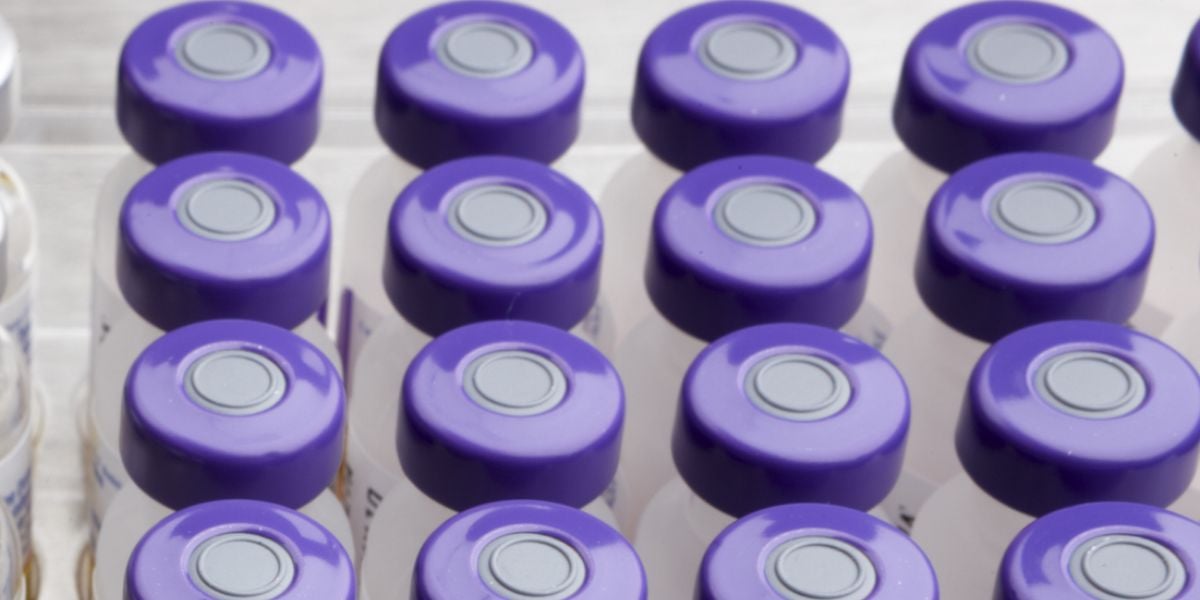If type 2 diabetes develops, your body’s ability to produce sufficient insulin may decrease and it may be appropriate to take insulin injections to control your diabetes.
Some people may be apprehensive about switching onto insulin injections.
Benefits of insulin injections
Insulin is a stronger medication for lowering blood glucose levels and can help with the following aspects:
- Decrease the effects of symptoms of high blood sugar , such as fatigue and frequent need to urinate
- Reduce the risk of developing diabetic complications
- Decrease pressure on the pancreas to produce insulin
Disadvantages of being on insulin injections
- Raises the risk of hypoglycemia
- Can promote weight gain
- Some people may be uncomfortable about injecting
- Could affect employment if you drive for a living
The needles used for insulin injections are very slim and many people who start injections are surprised by how painless the needles are.
How many injections will I need to take each day?
A number of different injection regimes are available, ranging from one injection a day to multiple injections a day.
Your health team will be able to help you to choose an injection regime that best fits in with your lifestyle.
Learning to inject
Your health team should instruct you on injection technique to ensure insulin is delivered correctly.
- Watch a video on how to inject insulin
Blood glucose testing
People starting insulin therapy may need to regularly test their blood sugar levels to monitor the effect that insulin is having and to help prevent low glucose levels (hypoglycemia) from happening.
- Watch our video on how to perform a blood glucose test
Insulin therapy and hypoglycemia
Insulin is a powerful medication for lowering blood glucose levels and can cause blood glucose levels to go too low if too much insulin is taken.
Your health team should advise you on how to spot and treat hypos and how to avoid hypos from occuring.








